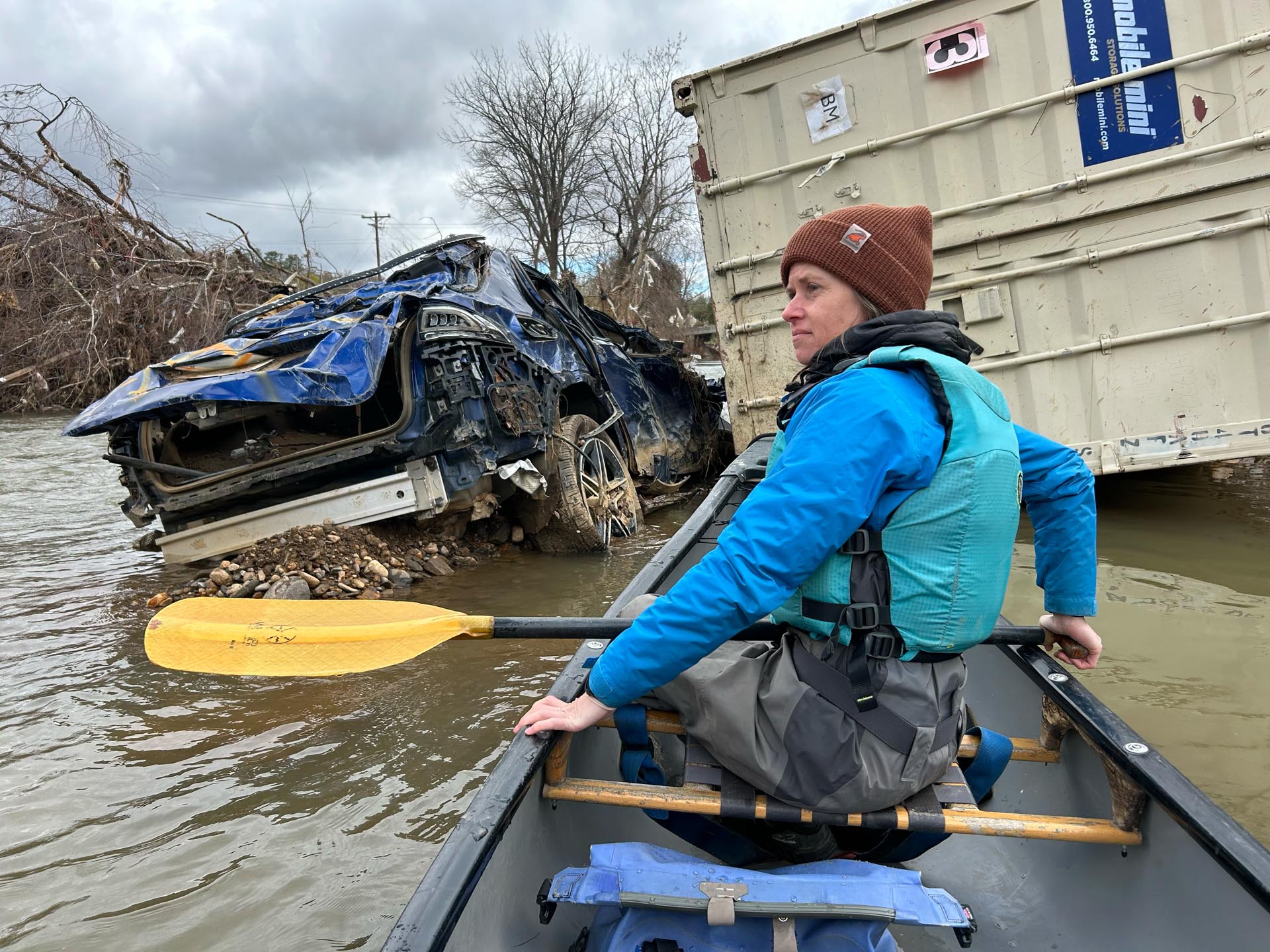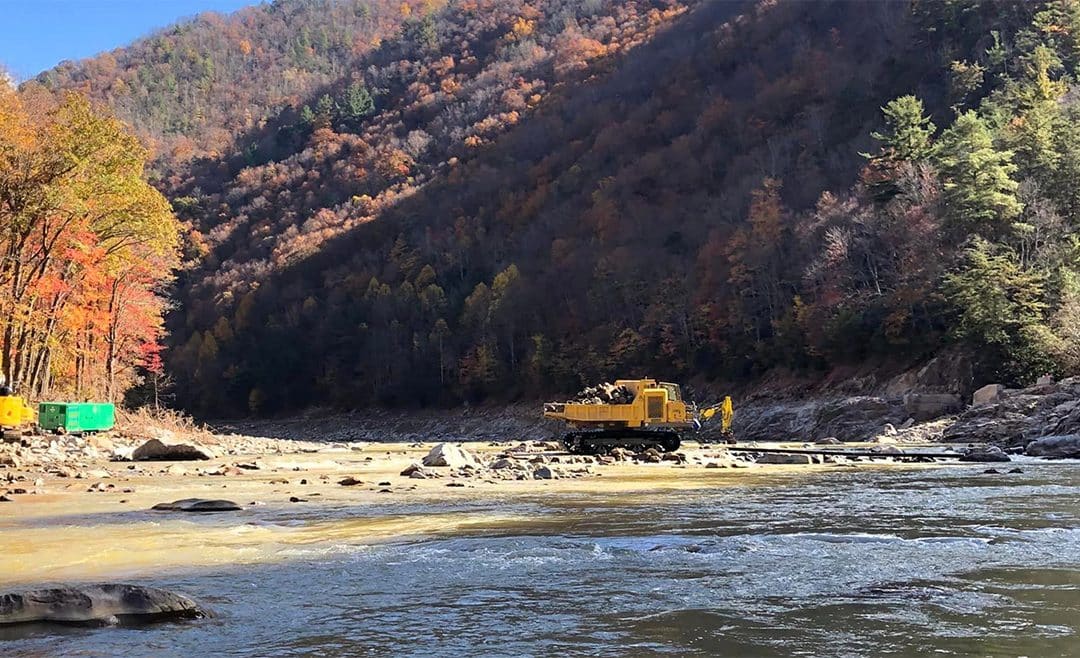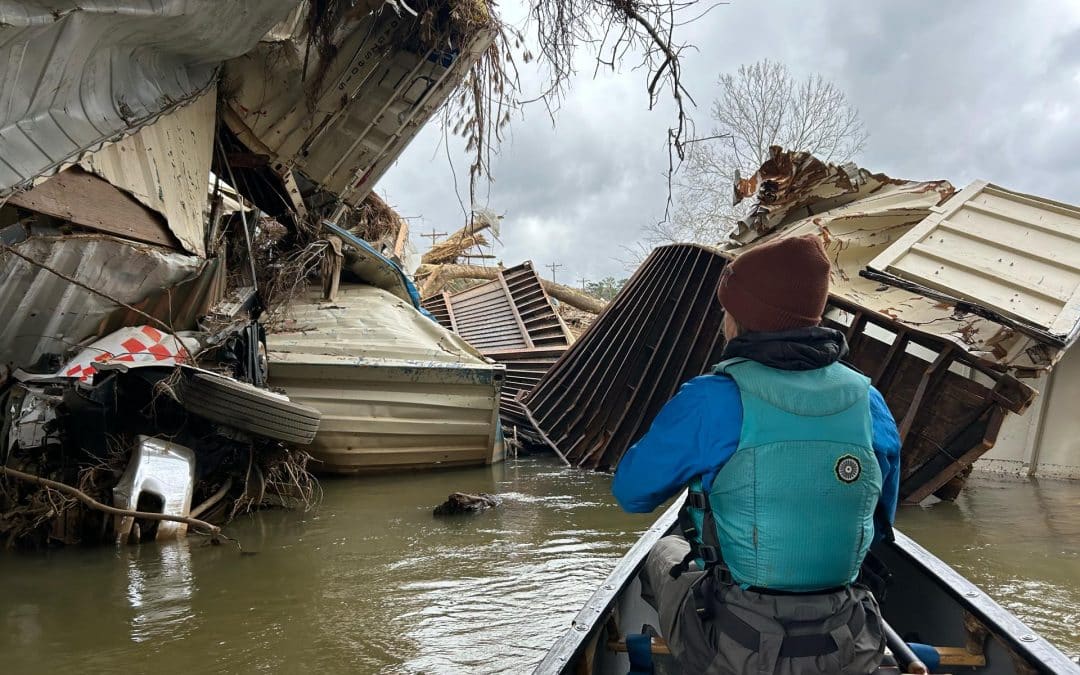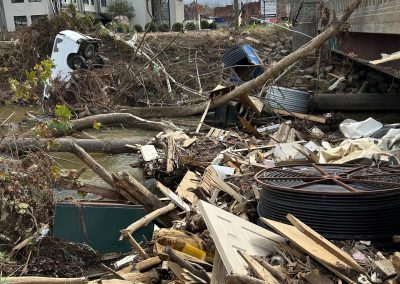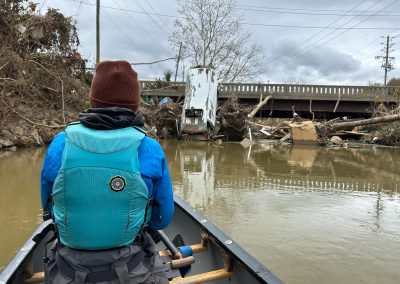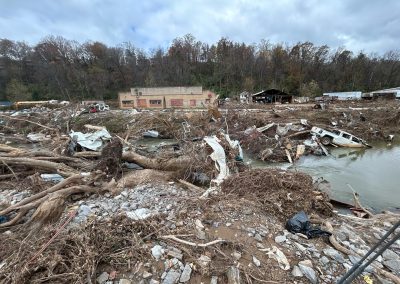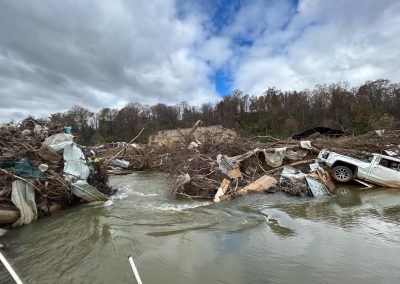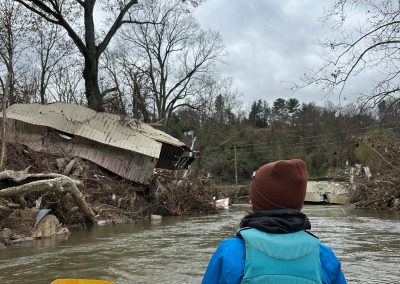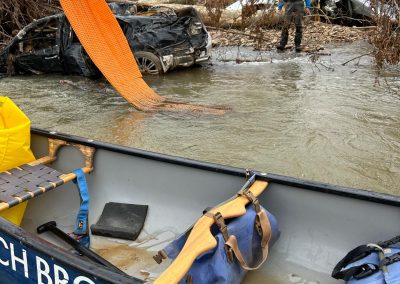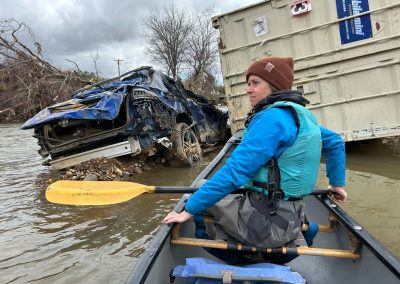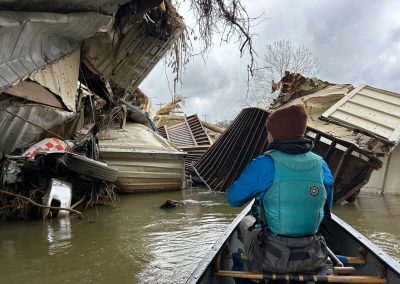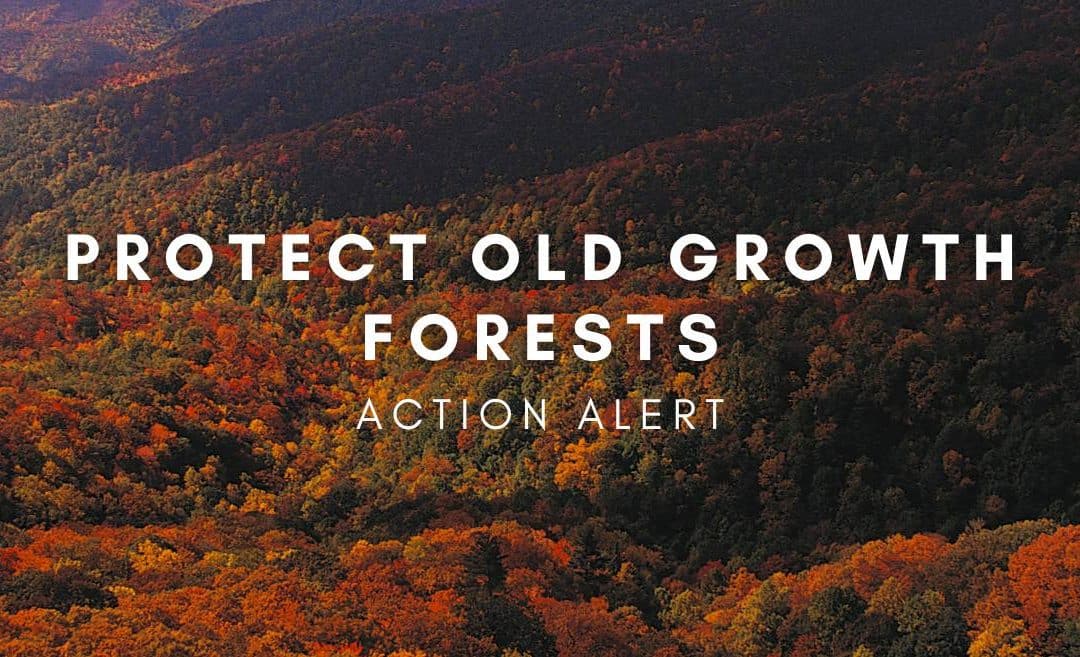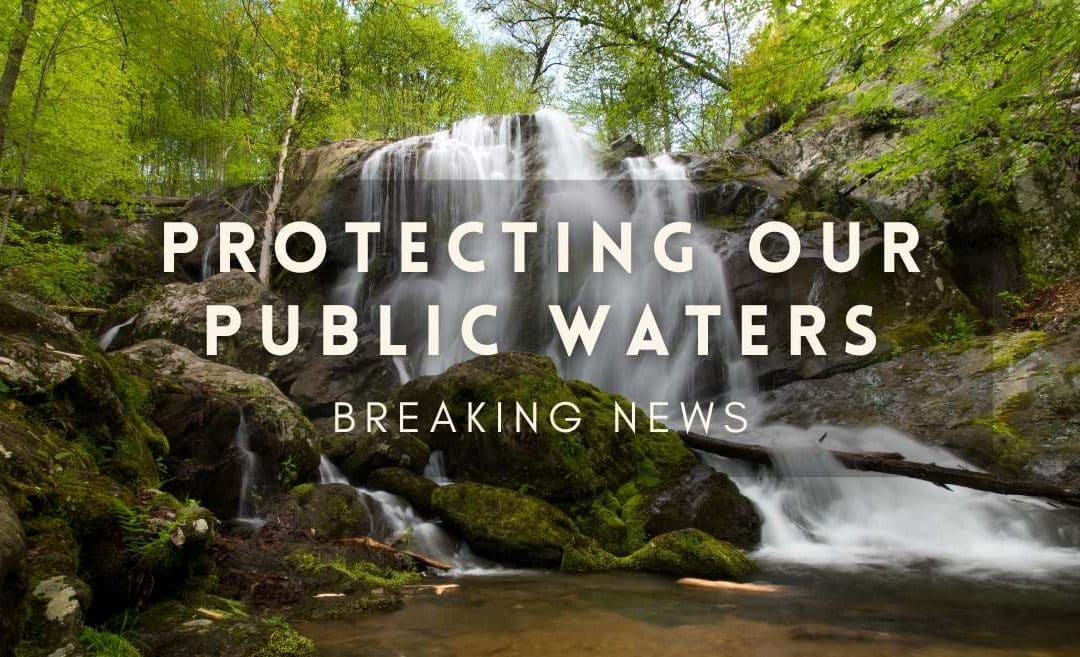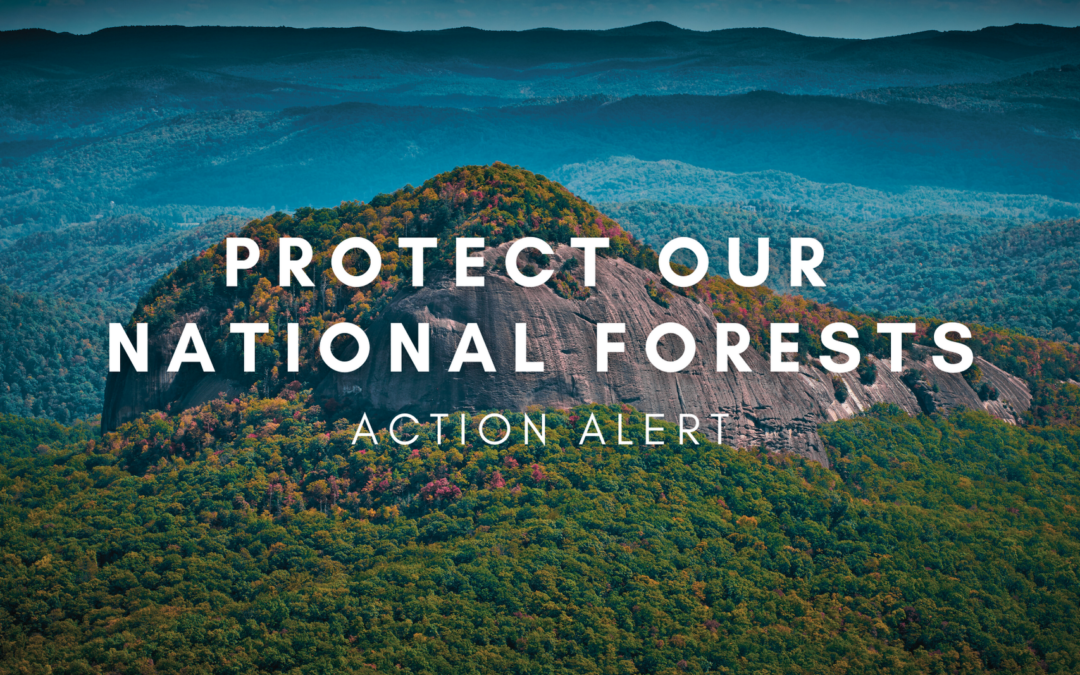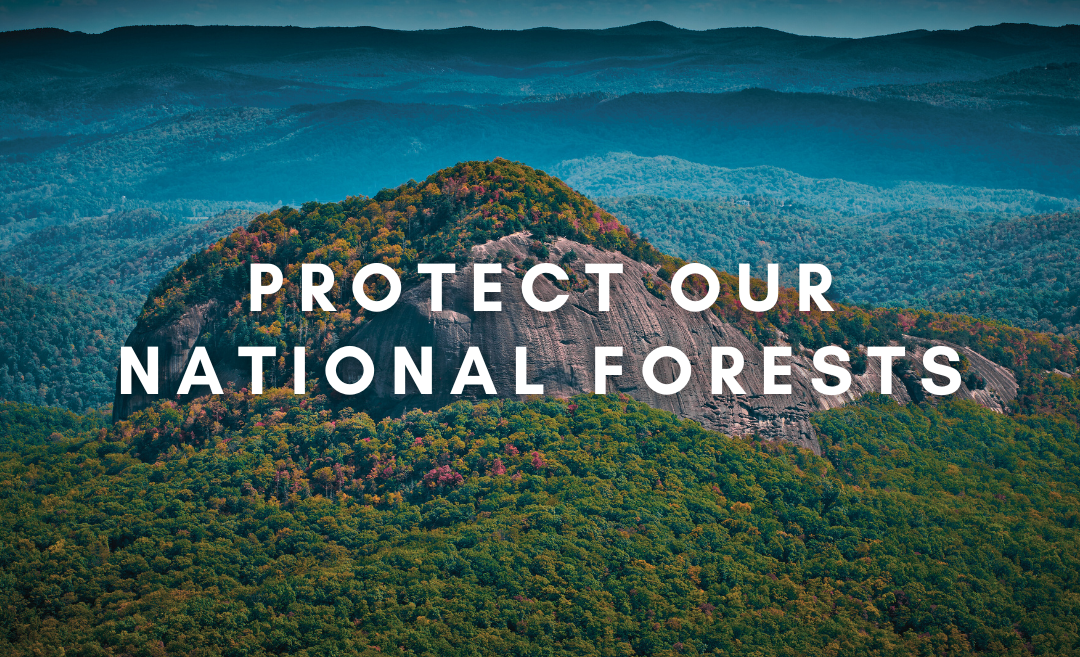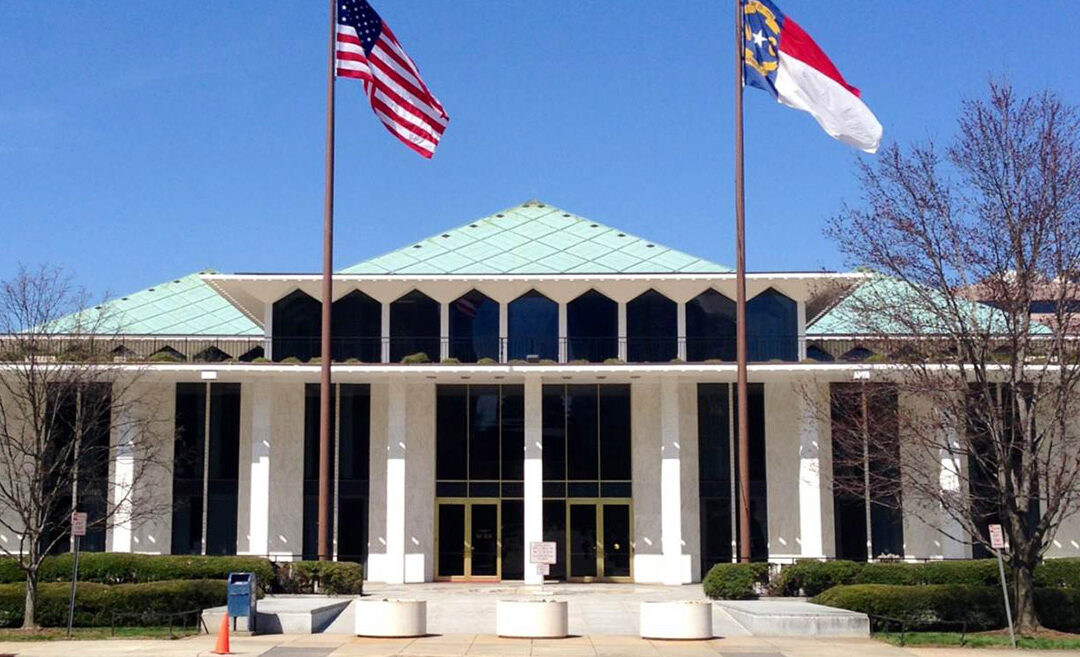
MT Raleigh Report – HB47 is A Critical $500M Lifeline for Western NC Recovery
MT Raleigh Report – HB47 is A Critical $500M Lifeline for Western NC Recovery
If you’re surprised to learn that the North Carolina General Assembly has been in session since January, you’re not alone. Despite the urgent needs of Western NC following Hurricane Helene, the legislature has yet to approve a relief package so far this year.
That may soon change. This week, the state House is expected to approve HB47, a $500 million relief bill. While that’s a step in the right direction, the bill still faces uncertainty in the Senate, and it remains unclear when and at what amount the General Assembly will use its billions in unspent reserves for disaster aid.
What’s in HB47?
HB47 would allocate state funds for housing, environmental restoration, debris removal, small business grants, and other critical recovery efforts. MountainTrue supports this bill, particularly the funding for debris removal and restoration projects. You can find a plain-English summary of the latest version of the bill here.
What’s Next?
If the bill passes the House as expected, it will still need approval from the Senate, which has shown less urgency on disaster relief. Senate leaders tend to be more cautious about spending and want to wait for federal agencies like FEMA to complete their recovery work before committing state funds. This could delay progress or result in a reduced package.
MountainTrue has already reached out to Senate leaders to advocate for quick approval of HB47 as written. Our staff will be in Raleigh this week to meet with lawmakers across both parties to stress the importance of timely disaster assistance and share our priorities for the 2025 legislative session.
You can read our full 2025 legislative agenda here.
Looking Ahead
HB47 is just the beginning. House leaders have indicated that it will be the first of several disaster relief bills for Western NC. However, differences between the House and Senate are likely to continue, particularly regarding the amount and structure of disaster funding. The Senate’s preference may be to address this through the broader 2025-2027 state budget process, which typically takes months to finalize.
Governor Josh Stein expressed support for the House’s disaster recovery bill as a good start while calling for even larger investments in recovery. He also urged the federal government to provide an additional $19 billion in disaster aid.
Why Your Support Matters
The General Assembly’s action – or inaction – on Helene recovery underscores the importance of having a strong voice for Western NC in Raleigh. That’s why MountainTrue is proud to be the only WNC environmental organization with a year-round lobbyist in the state capital. Your support makes that possible, and we are deeply grateful.
Thank you for standing with us as we continue advocating for a strong, swift recovery for our region.


